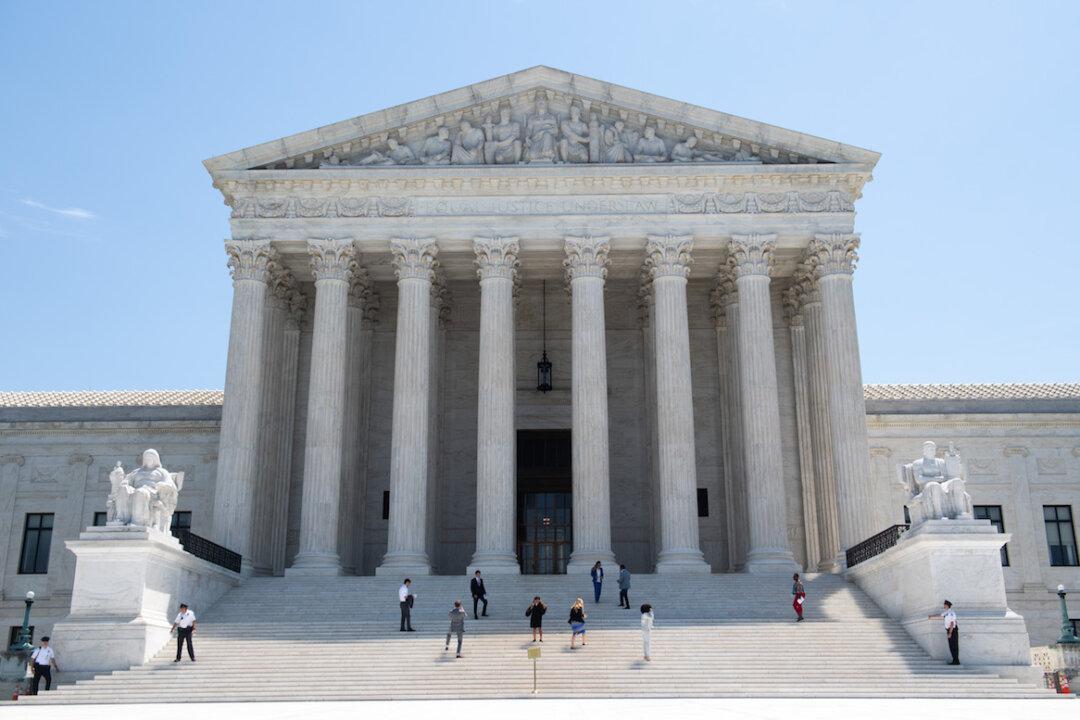News Analysis
WASHINGTON—The Trump administration told the Supreme Court in a new filing that a rule that the director of the Consumer Financial Protection Bureau can only be fired by the president for cause is unconstitutional.

WASHINGTON—The Trump administration told the Supreme Court in a new filing that a rule that the director of the Consumer Financial Protection Bureau can only be fired by the president for cause is unconstitutional.